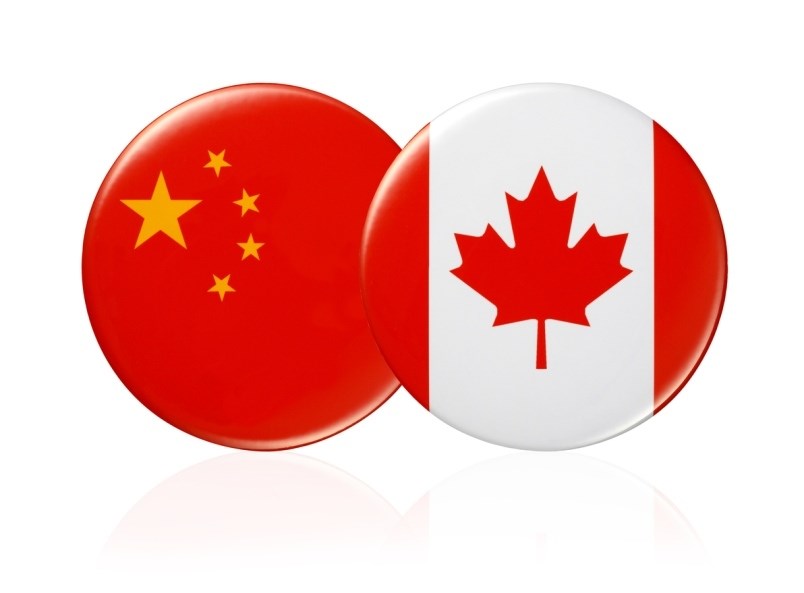Port Coquitlam’s mayor is raising questions about a reception to be hosted by China — and attended by civic politicians — during the upcoming Union of BC Municipalities (UBCM) conference.
But Brad West’s fellow Tri-City politicians aren’t as concerned about municipal politicians being influenced by the economic superpower and aren’t opposed to the networking event going ahead.
The evening reception mid-point through the UBCM conference in September hosted by the consulate-general of the People’s Republic of China is a chance for politicians to meet and discuss trade and other issues of mutual concern over drinks and appetizers.
The event has been held at the conventions since 2012 but West said it should stop, or politicians should stay away, because of the Chinese government’s ongoing diplomatic and trade issues with Canada as well as concerns over the country's human right's record.
“They are acting in a way that is entirely hostile to the interest of Canada and Canadians,” West told The Tri-City News.
He said he raised the issue with the UBCM in November and again in a letter as diplomatic tensions increased with the detention of Meng Wanzhou, chief financial officer of the Chinese telecom giant Huawei, on an extradition request from the United States.
Since then, trade has been halted in some agricultural products and two Canadian citizens have been detained: Michael Spavor, a businessman, and Michael Kovrig, a Canadian diplomat on leave to work for a non-governmental organization.
The federal government issued a travel warning advising visitors to “exercise a high degree of caution in China due to the risk of arbitrary enforcement of local law,” which prompted Coquitlam, Port Coquitlam and Port Moody school trustees to postpone an annual School District 43 trip to China.
But Coquitlam Mayor Richard Stewart, who has attended the reception previously, said the UBCM shouldn’t cancel events because of concerns politicians might be unduly influenced.
“Where do you draw the line?” he said, noting that politicians are invited to numerous side events during the UBCM to meet with industry leaders and special interests, and the China-hosted event is just one of many efforts by groups seeking the attention of municipal politicians.
“I have more discomfort with China now than I ever had but I don’t know about UBCM’s role in vetting those or airing discomfort at an event hosted by them. I always err on the side of letting individual politicians make their own decisions and if no one shows up, China will get the message,” he said.
Port Moody’s acting mayor says she doesn’t have a problem with the networking event between local politicians and Chinese representatives. “I don’t think the relationship between the federal government and China is related to what’s going on at UBCM,” said Meghan Lahti, who said she won’t be attending the UBCM this year.
Arjun Singh, a Kamloops city councillor and the president of the UBCM, said West’s letter has been shared with other mayors and he appreciates the PoCo’s mayor’s efforts to raise his concerns.
“It’s just part of the democratic process,” Singh said.
But the 21-member UBCM executive decided to go ahead with the event, although it will also look at ways to include other countries.
“Our work this year to to expand the number of foreign investment opportunities that our members have exposure to.”
As for how much China pays to host the event, Singh said he couldn’t discuss sponsorship but said the Chinese government works directly with the hotel catering the event.
West continues to oppose the Chinese government reception and doesn’t believe trade deals come out of such events anyway.
“I think there’s very little need for mayor and city councillors to be engaged with foreign countries,” he said, adding: “I would like to see [the UBCM] revisit this decision and I would like them to consult with the membership on this.”



